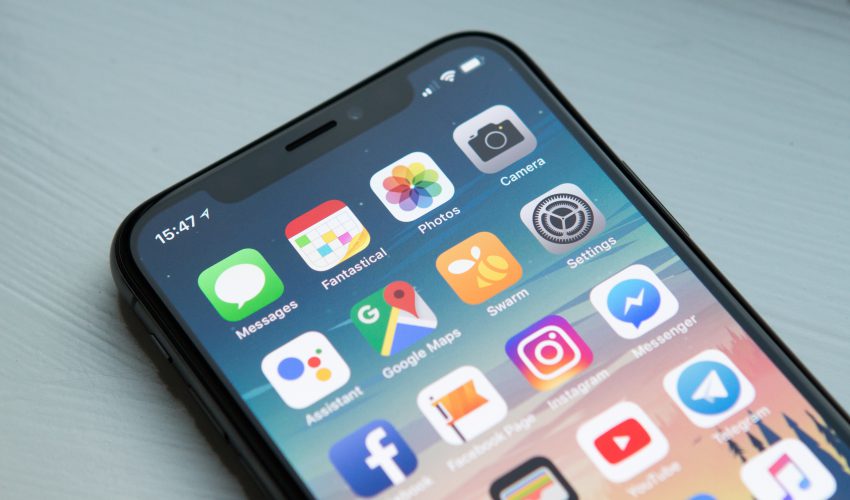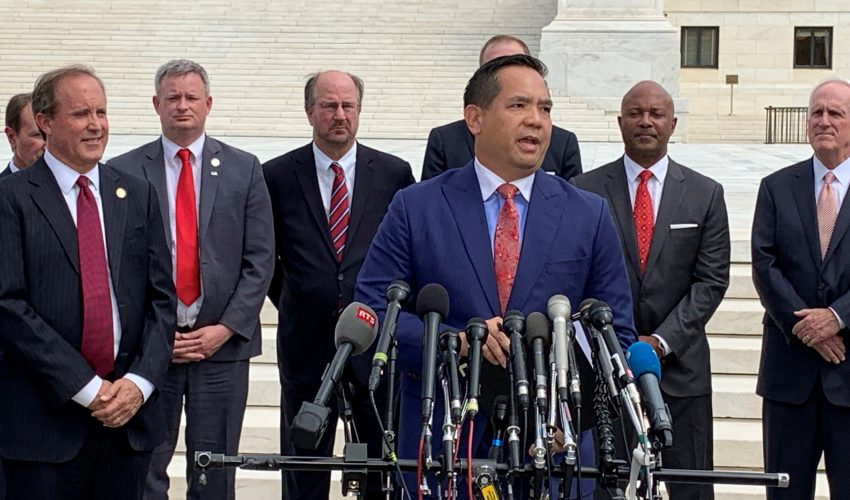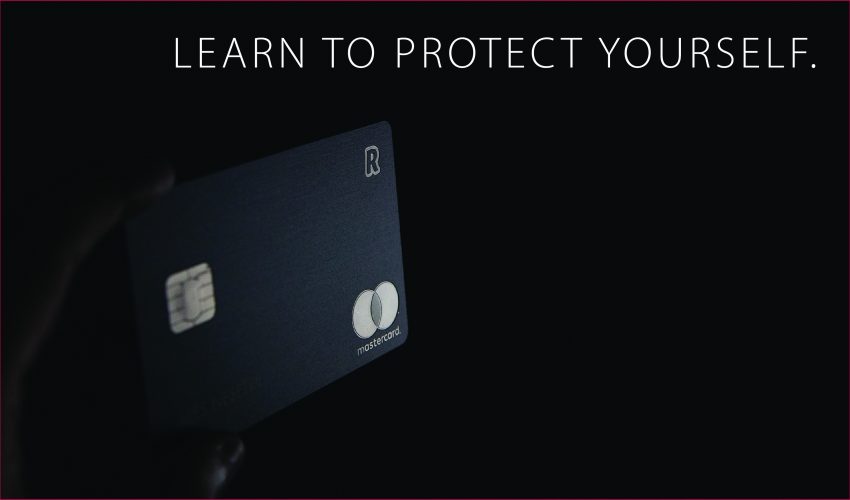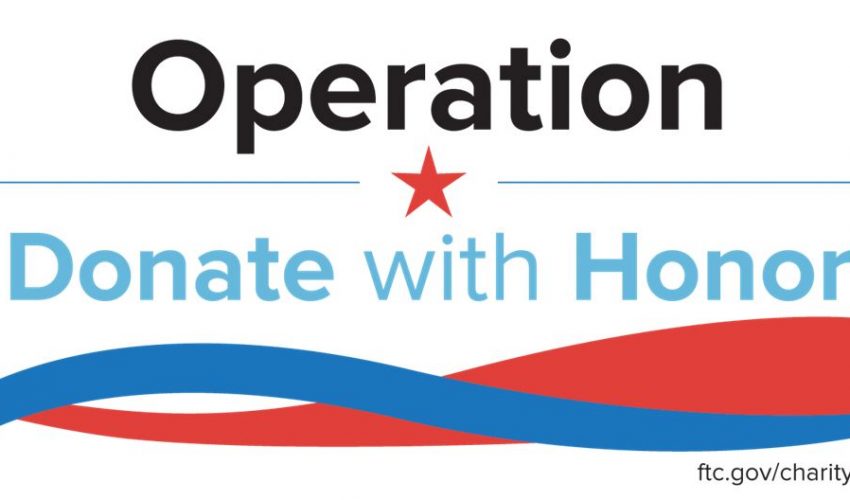FOR IMMEDIATE RELEASE
June 17, 2020
“I WILL CONTINUE TO AGGRESSIVELY ADVOCATE FOR THE PRIVACY AND PROTECTION OF UTAHN’S PERSONAL DATA.” —ATTORNEY GENERAL REYES
Attorney General Reyes Joins Bipartisan Coalition to Demand Apple and Google Ensure Consumer Privacy
SALT LAKE CITY – As the COVID-19 pandemic continues, Utah Attorney General Sean D. Reyes is demanding Google and Apple ensure all contact tracing and exposure notification apps related to COVID-19 adequately protect consumers’ personal information.
Specifically, Attorney General Reyes and a bi-partisan coalition of 39 state attorneys general are urging Google and Apple to guarantee that such apps, when available to consumers, are affiliated with a public health authority and removed from Google Play and the App Store once no longer needed by public health authorities.
Today, in a letter sent to the Chief Executive Officers of Apple and Google, the attorneys general acknowledge that while digital contact tracing and exposure notification tools are valuable in understanding the spread of COVID-19 and assisting public health authorities, these same technologies pose a risk to consumers’ privacy.
“We understand the value of using technology to limit exposure to COVID-19, but the personal information of Utahns must be safeguarded in the process. I believe we can find that balance. But, until we do, I will continue to aggressively advocate for the privacy and protection of Utahn’s personal data,” said Attorney General Reyes.
The coalition expressed concern regarding contact tracing and exposure notification apps available to consumers in Google Play and the App Store, particularly the “free” apps that utilize GPS tracking, offer in-app purchases, and are not affiliated with any public health authority or legitimate research institution.
To protect consumers without interfering with public health efforts to monitor and address the spread of COVID-19, the letters ask Google and Apple to:
- Verify that every app labeled or marketed as related to contact tracing, COVID-19 contact tracing, or coronavirus contact tracing or exposure notification is affiliated with a municipal, county, state or federal public health authority, or a hospital or university in the U.S. that is working with such public health authorities;
- Remove any app that cannot be verified as affiliated with one of the entities identified above; and
- Pledge to remove all COVID-19 / coronavirus related exposure notification and contact tracing apps, including those that utilize the new exposure notification application program interfaces (APIs) developed by Google and Apple, from Google Play and the App Store once the COVID-19 national emergency ends. In addition, the attorneys general asked Google and Apple to provide written confirmation to their offices once the apps have been removed or an explanation why removal of a particular app or apps would impair the public health authorities affiliated with each app.
As of today, Utah has 15,344 confirmed cases of COVID-19, 8,552 patients have recovered and there have been 149 deaths.
Read a copy of the letter to Google and Apple here.
The attorneys general in Nebraska and Oregon sponsored the letter and are joined by attorneys general in Alaska, Arkansas, California, Colorado, Connecticut, Delaware, the District of Columbia, Guam, Hawaii, Idaho, Illinois, Indiana, Iowa, Kansas, Louisiana, Maine, Maryland, Massachusetts, Michigan, Minnesota, Nevada, New Hampshire, New Jersey, New Mexico, North Carolina, North Dakota, Ohio, Oklahoma, Pennsylvania, Puerto Rico, Rhode Island, Tennessee, Texas, Utah, Vermont, Virginia, and West Virginia.
###









